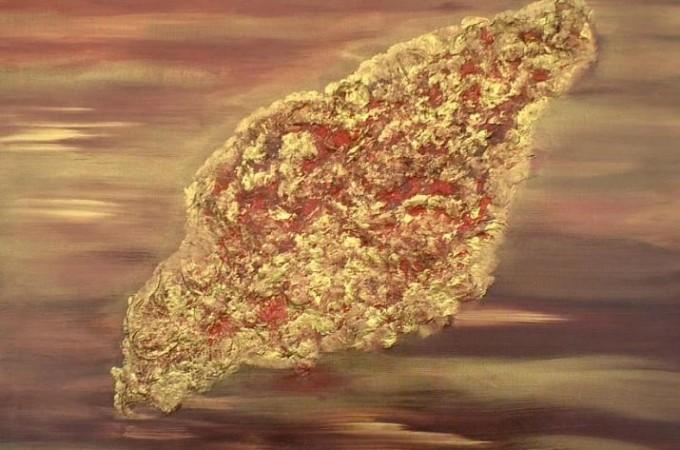
The Florida Department of Health (DOH) has confirmed the presence of deadly brain-destroying amoeba in the state. The DOH warned that this amoeba is usually fatal, and if the microorganism enters the human body, it could infect and destroy the brain.
DOH issues dire warning
After confirming the presence of this amoeba named Naegleria fowleri in the state, Florida DOH revealed that these microorganisms are usually found in warm freshwaters like lakes, rivers, and ponds. The DOH has also warned people who used to swim in freshwaters, and the authority revealed that the possibilities of infection will be higher when the water is warm. The health department added that the peak season for Naegleria fowleri is July through September.
According to a news report published in ABC Action News, the presence of this rare amoeba was confirmed by authorities after analyzing a patient who was infected with this microorganism.
Since 1967, there have been only 37 reported cases of Naegleria fowleri infections in Florida. Health officials revealed that the best way to avoid contact with this amoeba is by avoiding nasal contact with waters.
"Naegleria fowleri infects people when water containing the ameba enters the body through the nose. This typically occurs when people go swimming or diving in warm freshwater places, like lakes and rivers. The Naegleria fowleri ameba then travels up the nose to the brain where it destroys the brain tissue," wrote CDC on their website.
When should you consult a doctor?
The department of health also urged people to contact a healthcare professional immediately if they develop symptoms like headache, fever, nausea, vomiting, stiff neck, loss of balance, and hallucinations, after undergoing a swimming session in freshwaters in the state.
Shockingly, there is no effective treatment protocol to treat this amoeba infection. CDC makes it clear that the effectiveness of medications against Naegleria fowleri is unclear, as almost all infections have turned fatal in the past.
"Several drugs are effective against Naegleria fowleri in the laboratory. However, their effectiveness is unclear since almost all infections have been fatal, even when people were treated with similar drug combinations. Recently, two people with Naegleria infection survived after being treated with a new drug called miltefosine that was given along with other drugs and aggressive management of brain swelling," says CDC.
















